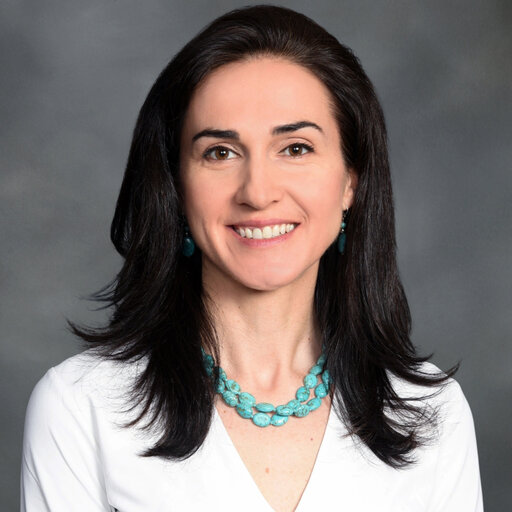
On June 10th, Lehigh University held its second speaker event for their Research Translation AcceLUrator (RTA) and STEM-Summer Institute (STEM-SI) interns, led by Andreea Kiss – professor for Lehigh's management department and Director of the Entrepreneurship minor.
Dr. Kiss primarily discussed feasibility analysis. She shared stats on how many startups fail because of insufficient research into their demand and a lack of knowledge on the resources needed. Not accounting for specific resources, such as paying employees, or failing to budget for last minute expenses can make or break an early stage company.
She discussed that entrepreneurs must realize that desirability and demand are different things. Even if people say they're interested in or think your product is cool, that doesn’t necessarily mean they will buy it when the time comes.
She emphasized engaging in dialogue with customers across modalities. Analyzing online trends, using campus resources, administering surveys, engaging in query sites, and buying ads are all ways you can find the group that desires your product. In this digital age, there is innovation waiting. While the aforementioned methods have their flaws, a combination of techniques helps to give entrepreneurs a closer understanding of what the market actually needs.
Further, to truly figure out what potential customers would actually buy is to investigate and engage in the industry you’re interested in selling to. She gave an example of being an entrepreneur in the toy industry: you’ll learn the most by meeting toy store owners, visiting daycares, and observing the customer base. The understanding of not only what the people buying the product keep their eyes out for, but also how people interact with the product is essential for creating a solid marketable product.
As a real-life connection, she told the story of Tommy John’s undershirts. She explained that Tommy John’s team discovered that the people who buy the most men’s undershirts were actually women, not men. This ended up shifting their marketing and branding, and production of their items to be higher quality, fancier, and more appealing to the women who bought them. This ended up working well as the higher quality and style made it an even better product for the men who would actually wear it.
Dr. Kiss ended the seminar with a small activity that was very engaging. She showed all the students an episode of Shark Tank and asked them to place themselves in the shoes of the investors. Everyone was given a feasibility chart that accounted for the strengths of the entrepreneurs, opportunities, industry, business model, and financial management. Those 5 points are the most essential for entrepreneurs to master to truly create a solid product.
As the sharks in this theoretical situation, the students judged the pitched idea and guessed how the actual sharks would respond to the pitch. The students ended up having a very accurate overlap in thoughts.
The unanimous and thoughtful results of the feasibility analysis proved that these interns had learned how to revise, rethink, or completely drop products that are not feasible.
